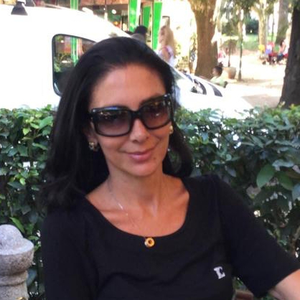
Cristina Bettin
Chairperson at Association of Italian Scholars and Scientists,Ben Gurion University of the Negev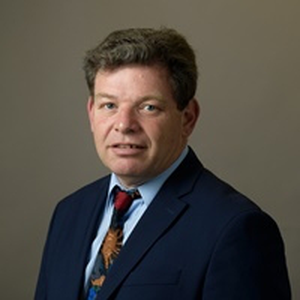
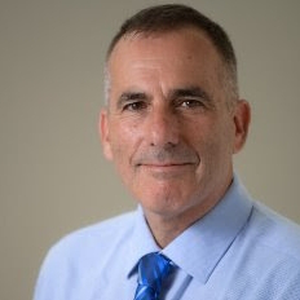
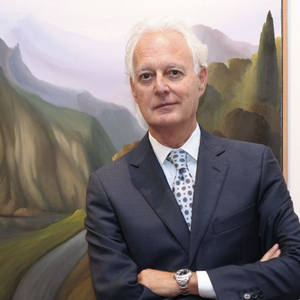

Stefano Ventura
Scientific Attache' at Embassy of Italy in IsraelChair
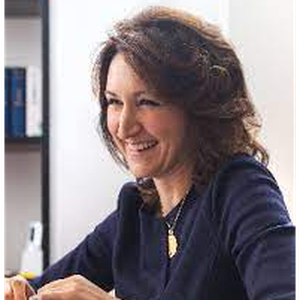
Fidelia Cascini
Professor at Catholic University del Sacro Cuore, RomeAssistant Professor of Hygiene and Public Health at Università Cattolica del Sacro Cuore, Rome, Italy, Fidelia Cascini has been a member of the Task Force Data Coordination Unit, as established in March 2020 by the Prime Minister’s office for the Covid-19 emergency.
Digital Health expert engaged by the Directorate General for Digitalisation of the Ministry of Health, she is involved in European Joint Actions and international activities on digital health as Italian representative.
She has been engaged by the World Health Organization (WHO) for “Drawing up a country snapshot on the role of public health agencies and services in responding to the COVID-19 pandemic in Italy" within a global WHO project on how to strengthen public health.
She acts as Italian Representative at: the European Observatory on Health Care Systems and Policies (WHO), and the Global Digital Health Partnership (GDHP).
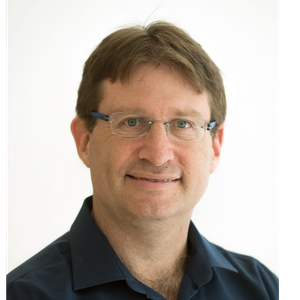
Nadav Davidovich
Professor at Ben Gurion University of the NegevNadav Davidovitch, MD, MPH, PhD is an epidemiologist and public health physician. He is a Full Professor in the Department of Health Policy and Management at the Faculty of Health Sciences and the Guilford-Glaser Faculty of Business and Management at Ben-Gurion University of the Negev in Israel and currently serves as Director of the university’s School of Public Health. He teaches on health policy, public health, health promotion, the Israeli healthcare system, public health ethics, and global health. Prof. Davidovitch served as Head, Epidemiology Section, Army Health Branch (2003- 2005) and as Public Health Officer at the Central District, Public Health Services, Ministry of Health, Israel (2007-2008). He was a Fulbright visiting professor at Department of Sociomedical Sciences, School of Public Health, Columbia University (2005-2006) and a visiting professor at the School of Public Health, University of Illinois – Chicago (2008 and 2012). His current research deals with health policy; health inequities; health and immigration; vaccination policy; environmental health, global health and public health history and ethics. Prof. Davidovitch serves on several international and national committees, among them: Governing Board, European Public Health Association; Association of Schools of Public Health in the European Region (ASPHER) COVID-19 Task Force; Israel advisory committee for COVID-19. He authored or co-authored over 160 papers and book chapters, coedited six volumes and books and published his work in leading medical and health policy journals , such as the New England Journal of Medicine, Lancet, Clinical Infectious Diseases, Emerging Infectious Diseases, Journal of Pediatrics, Vaccine, Social Science and Medicine, and Law & Contemporary Problems.
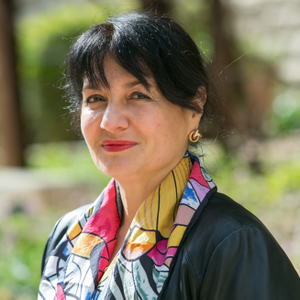
Francesca Levi Schaffer
Professor at The Hebrew University of JerusalemFrancesca Levi-Schaffer is a Professor at The Hebrew University of Jerusalem Institute for Drug Research, School of Pharmacy, Faculty of Medicine. She holds the Isaac and Myrna Kaye Chair in Immunopharmacology. Prof. Levi-Schaffer completed her PharmD degree at the University of Milano, her PhD degree in Immunology at the Weizmann Institute, Israel, and her post-doctorate at Harvard Medical School.
Prof. Levi-Schaffer has published 175 articles in peer-reviewed journals, 99 reviews and editorials 26 book chapters and 7 other publications. She has three patents and three provisional patents pending. She is Chairperson of the National Committee of IUPHAR representing the Israel Academy of Sciences and Humanities, was instrumental in the establishment of an Immunopharmacology Section in the IUPHAR and currently serves as its first Chairperson. She is a member of the Israeli Ministry of Health Committee for Human Experimentation of New Drugs; 1st Vice-President and member of the IUPHAR Executive Committee (2018-2022); President of European Mast Cell and Basophil Research Network (EMBRN) (2019-2023); member of Editorial Board of the Journal of Allergy and Clinical Immunology (2019-2024); honorary fellow of the Royal College of Physicians (UK) (2020); member of EU COST Action CA19105 LipidNET- Pan-European Network in Lipidomics and Epilipidomics (2020-2024).
Prof. Levi-Schaffer’s expertise is in immunopharmacology of allergy focusing on mast cells and eosinophils, their activating and inhibitory receptors, and their cross-talk for a better prophylaxis/treatment of allergic diseases. Moreover, she studies the role of mast cells and eosinophils in hypoxia (allergy, COPD); mastocytosis and its treatment; the crosstalk between atopic dermatitis and asthma with the microbiome. Her group is also developing novel monoclonal antibodies and bispecific antibodies against activating and inhibiting receptors on mast cells and eosinophils for the treatment of allergy and of selected solid tumors. In response to the current coronavirus disease (COVID-19), her lab is now looking for new therapy targets in COVID-19 patients.
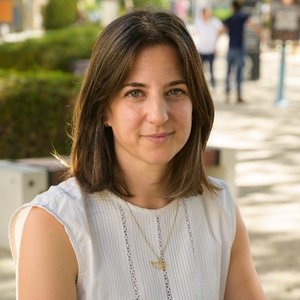
Stav Shapira
Doctor at Ben Gurion University of the NegevStav Shapira, PhD, is a lecturer (associate professor) and the head of the master’s program in Emergency Medicine at the school of public health, Faculty of Health Sciences, Ben-Gurion University of the Negev. Her main research interests are disaster resilience, preparedness, and response of individuals, local communities, and healthcare systems, with a particular emphasis on the interface between those. Other areas of interest are vulnerable populations (e.g., elderly, people with disabilities, and ethnic minorities) in emergencies; and the integration of new and existing technologies for the purpose of improving emergency management.
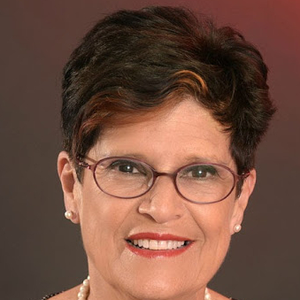
Pua Bar
Professor at Ben Gurion University of the NegevChair
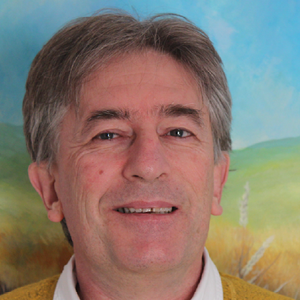
Luigi Cattivelli
Director of CREA Research Centre for Genomics and BioinformaticsLuigi Cattivelli has been fellow at the Max Planck Institute of Cologne (Germany) from 1987 till 1989. He is in permanent position since 1991 at the Experimental Institute for Cereal Research in Fiorenzuola d’Arda (Italy) (an institute incorporate in the Agricultural Research Council –CREA- of Italy in 2004). From 1997 to 2003 LC has been professor of Plant Genetics at University of Verona (Italy), Faculty of Biotechnology. From 2005 to 2009 Luigi Cattivelli has been director of the CREA Cereal Research Centre in Foggia leading a group of about 25 researchers/post-docs with a main interest in breeding, genetics, metabolomics and processing technology of durum wheat. From 2010 he is director of the CREA Research Centre for Genomics and Bioinformatics in Fiorenzuola d’Arda where coordinates a group of about 40 researchers/post-docs working in plant genomics, plant physiology and bioinformatics.
Luigi Cattivelli is the Italian representative in the research committee of Wheat Initiative, an international organization for the coordination of wheat research endorsed by the G20 Agricultural Ministers and in the frame of Wheat Initiative, he is co-chair of the Expert Working Group on Durum Wheat Genomics and Breeding.He is member of the editorial boards of “Journal of Cereal Science”, Associate Editor of “Frontiers in Plant Science” and of “International Journal of Molecular Science”.
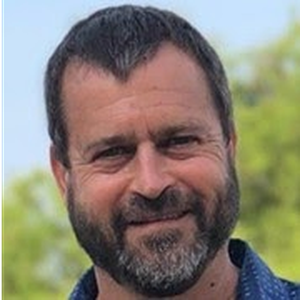
Marcelo Sternberg
Professor at Tel Aviv UniversityMarcelo Sternberg is an experimental ecologist interested in the effects of human activities on natural and agricultural ecosystems. Within this topic, he addresses questions covering global climate change, plant ecology, ecosystem functioning, and agro-ecology. In particular, he is interested in the development of ecological research using experimental approaches to tackle the challenges of global climate change. Prof. Sternberg was recently nominated as Chang Jiang Chair Professor at Ningxia University in China. This is the highest academic award given by the Chinese government to scientists. He is the author of over 90 scientific publications published in leading peer-reviewed international journals. Marcelo has supervised a total of 45 students in his laboratory that gained different academic degrees.
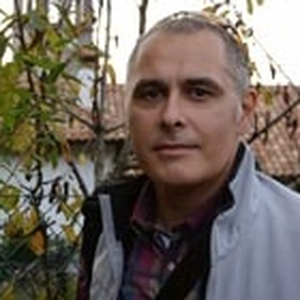
Aaron Fait
Professor at Ben Gurion University of the NegevFull Professor and Maxs and Rochelle Etingin Chair in Desert Research
French Associates Institute for Agriculture and Biotechnology of Drylands
The Blaustein Institutes for Desert Research, Ben-Gurion University of the Negev, Israel
Aaron Fait received his MSc in environmental studies at Tel Aviv University, followed by a PhD in biochemistry at the Weizmann Institute of Science focusing on molecular aspects of plant environment interactions. During his Postdoc at the MPI for Plant Molecular Physiology, he specialized in the field of metabolomics and metabolic natural variance. In the past 13 years at Ben Gurion University, The Jacob Blaustein Institute for Desert Research, Aaron Fait set up the laboratory for metabolomics to investigate seed and fruit metabolism and metabolic stress response in crops. Since 2009 his lab is heavily involved in several projects on desert viticulture and grape quality in a changing climate.
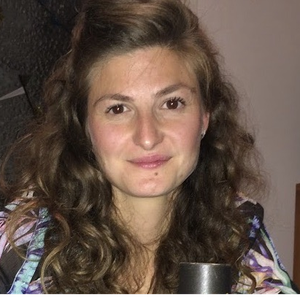
Chiaretta Giordano
PhD student at Tel Aviv UniversityChiaretta Giordano has a master’s degree in law at the University of Turin. After a semester in New Zealand, as research assistant, she decided to apply at Tel Aviv University to pursue a PhD on the topic of food security of indigenous peoples. She was also fellow at the Manna Center for Food Security and Food Safety, and she was awarded by the Center for the Study of the United States and Fulbright Program Grant, regarding her research on Native Americans.
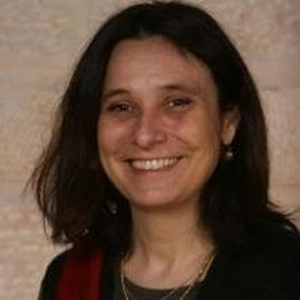
Manuela Consonni
Professor at The Hebrew University of JerusalemChair
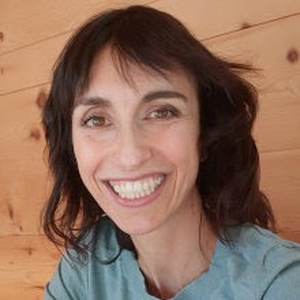
Roberta Raffaeta’
Professor at Ca’ Foscari University of VeniceRoberta Raffaetà is Associate Professor of cultural anthropology at Ca’ Foscari University of Venice, Dept. of Philosophy and Cultural Heritage. Her research stays at the intersection of medical anthropology, environmental anthropology and science & technology studies. She received a PhD in Social Sciences at the University of Lausanne and as a post-doc she has worked at various universities, both in Italy (Milano-Bicocca, Bolzano, Bologna, Trento, Verona) and abroad (Monash Melbourne, Lausanne). Her research path has been supported by a Marie Curie and a Fulbright fellowship. Currently, she is the Principal Investigator of the ERC (European Research Council) project HealthXCross, a multi-sited, comparative ethnographic study of how technoscience is reconfiguring practices and ideas of health through microbiome research.

Andrea Ghermandi
Professor at University of Haifa- "Social Media Data for Environmental Sustainability: Ethical Issues and the Role of the Researchers"
Andrea Ghermandi received a PhD in Analysis and Governance of Sustainable Development from the University of Venice in 2008. He is an Associate Professor at the Department of Natural Resources and Environmental Management and the director of the Natural Resources and Environmental Research Center at the University of Haifa. He is an editor for the journals Ecosystem Services and PeerJ – The Journal of Life & Environmental Sciences and an alumnus of the Global Young Academy. An environmental engineer by training, his research spans over a range of fields including the valuation and mapping of ecosystem services, the use of research synthesis techniques and crowdsourced digital data in environmental studies, and the technical and economic analysis of ecological engineering and nature-based solutions. He has (co-)authored >50 scientific papers in international, peer-reviewed journals in the fields of environmental sciences and environmental economics.
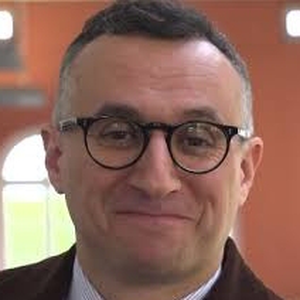
Mirko Garasic
Professor at Ethos-Luiss UniversityMirko Daniel Garasic is Adjunct Professor in Bioethics as well as Digital Ethics at LUISS University, Rome. His main areas of research are applied ethics, biopolitics, enhancement and informed consent. Among other venues, his work has been published in the American Journal of Bioethics, BMC Medical Ethics, Medicine, Health Care, and Philosophy, Topoi and The Hastings Center Report. His first book “Guantanamo and other cases of enforced medical treatment - a biopolitical analysis” has been discussed by international scholars in the prestigious Journal of Medical Ethics as well as Bioetica in Italy.
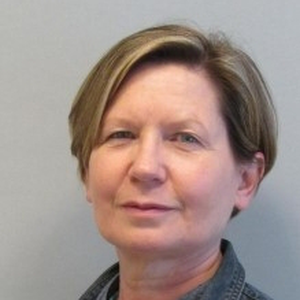
Elisabetta Boaretto
Professor at The Weizmann Institute of ScienceElisabetta Boaretto graduated in Nuclear physics at the University of Padua. She obtained the PhD in physics at the Hebrew University of Jerusalem. Her research in is focus on solving questions in archaeology using scientific methods. She is the Director of the Kimmel Center for Archaeological Science and the Head of the Dangoor Research Accelerator Mass Spectrometer Laboratory for Radiocarbon Dating. She has co-direct the excavation at Boker Tachtit studying the chronology related to the arrival of Modern Human in the Levant. She has developed new methods to study the archaeological record and characterizing the materials in relation to past activities. She is particularly interested in understanding the effect of past climate changes on past cultures.